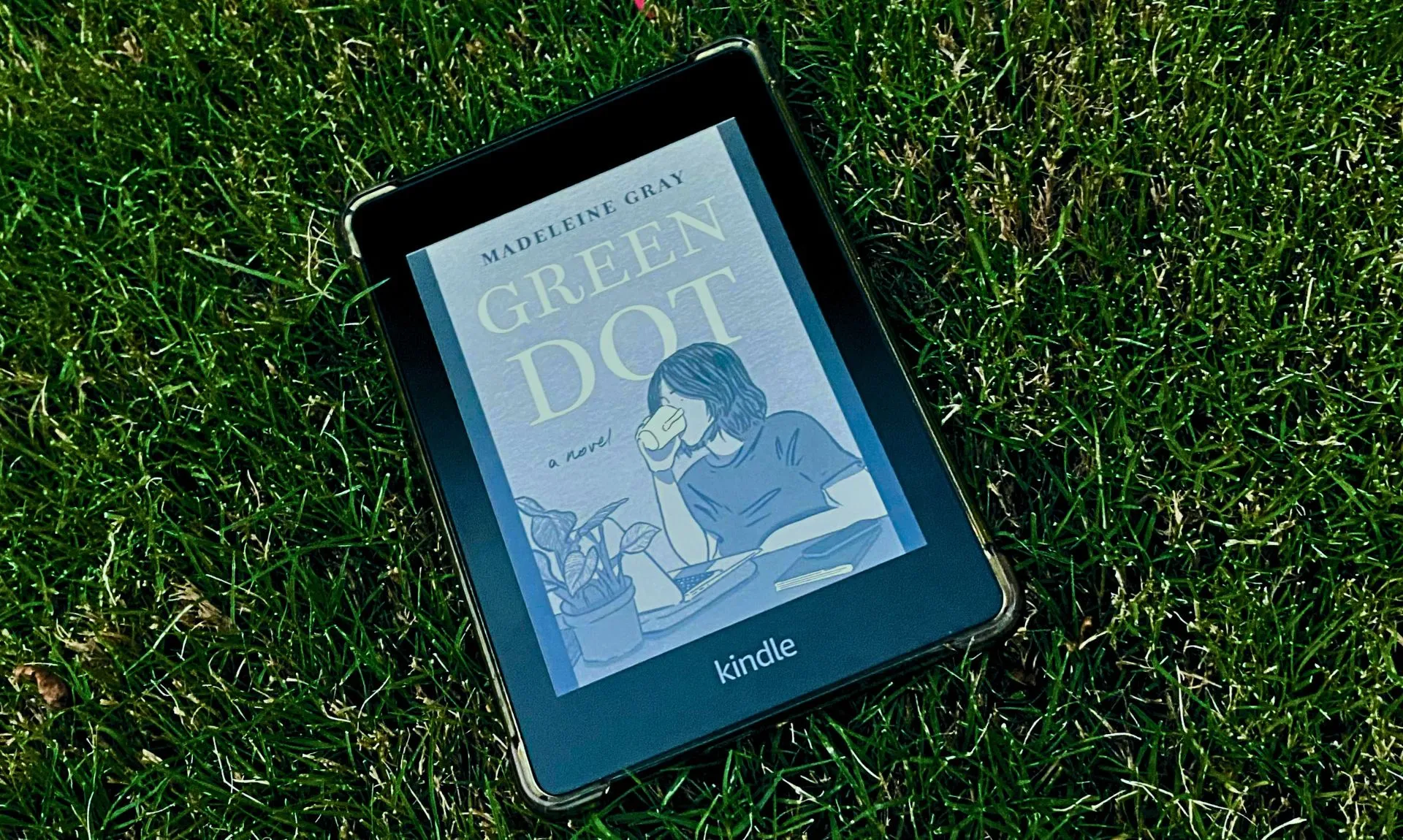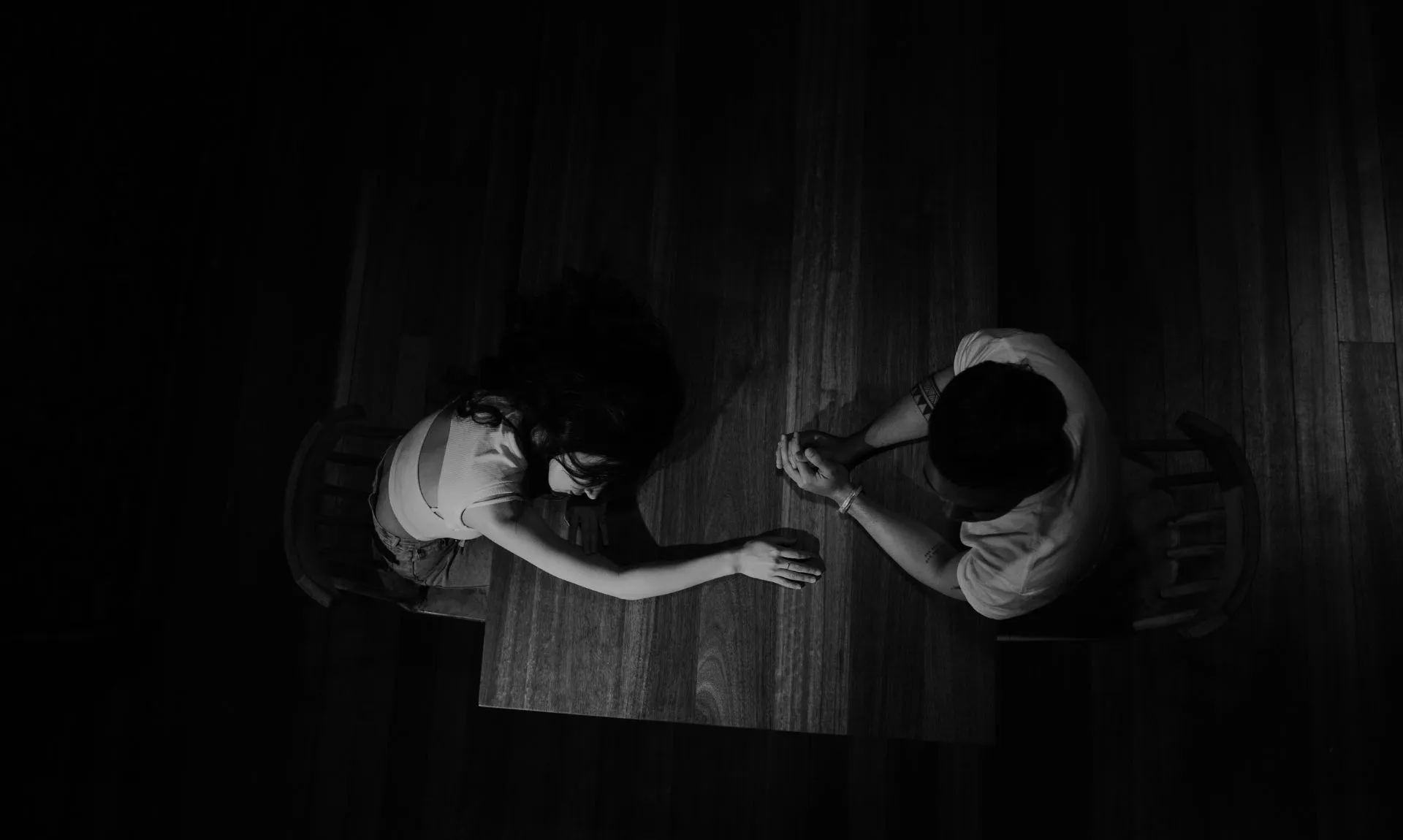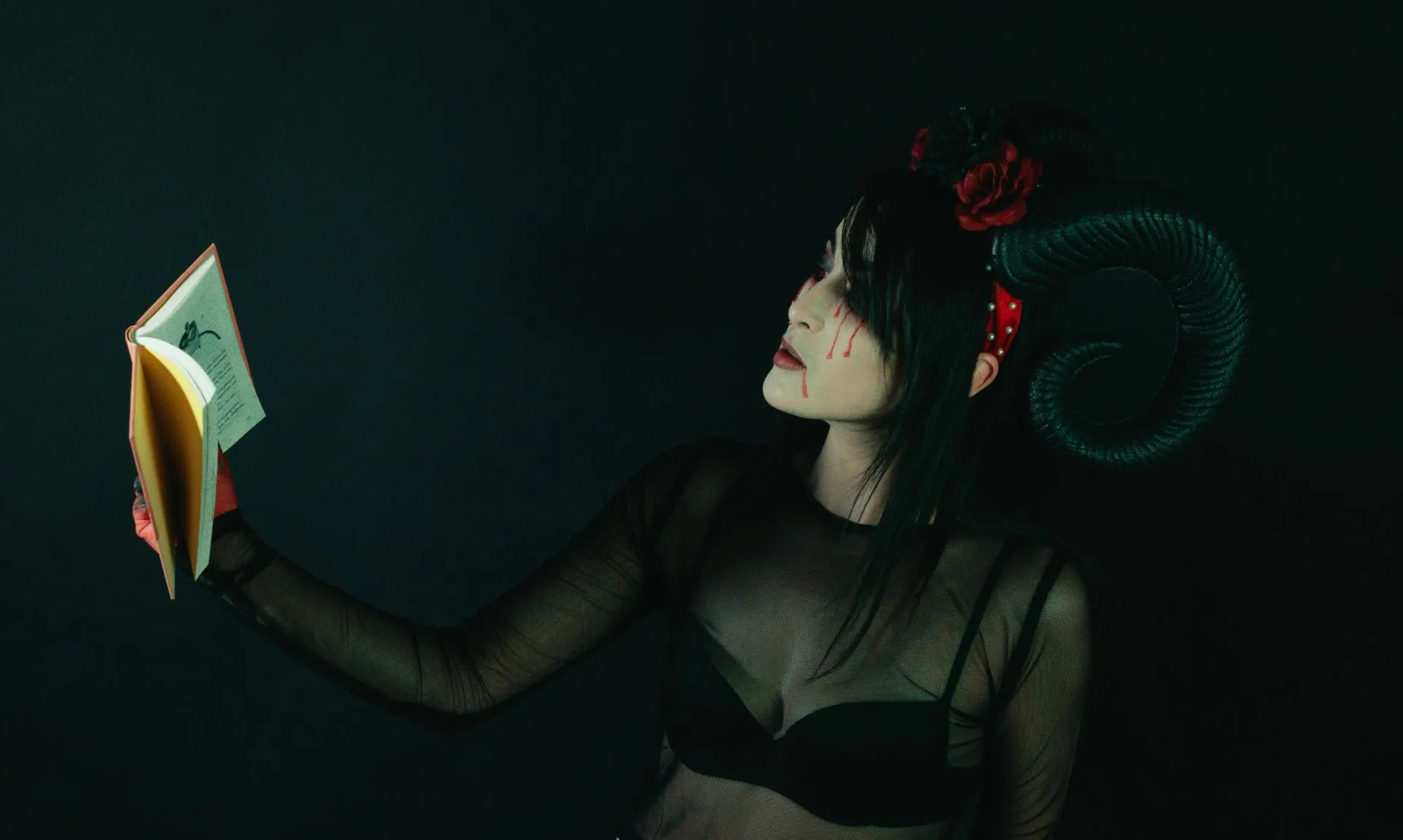
Green Dot by Madeleine Gray – A LOL Tragedy of Millennial Life
Book Snapshot
Green Dot is a contemporary romance set in 21st-century Australia, around the global pandemic of 2019. It is Madeleine Gray’s debut novel and perfectly depicts the confusing lives of hopeless romantics, a.k.a. the Millennial generation.
The book is a fine blend of contemporary literary fiction and Rom-com, minus the happy ending. It is quite tragic and heartbreaking but Madeleine Gray still manages to somehow create a cozy vibe.
The novel is a comical exploration of what happens when we become extremely obsessed with a single idea, especially in our romantic relationships. There aren’t really any trigger warnings other than a pretty considerable age gap between the protagonists.
Here Come All the Spoilers!
Green Dot revolves around Hera, a 24-year-old, unemployed, intelligent girl, living with her father in Sydney, so yes all checkpoints for a Millennial are checked! She is unemployed at the beginning of the novel but she is trying to find a job. It’s like having a sudden realization that you have been a couch potato for most of your life and now you need to do something with all the smartness inside your pretty little head.
Hera’s main goal at the beginning of the novel is to find a job, any job. She gets a job as a comment moderator and meets a journalist named Arthur. Things happen and the two develop feelings for each other. They decide to meet in a place outside the work setting and only after becoming physically intimate, Hera realizes that Arthur is married. Sick! From this point onwards, her main goal is to “get” Arthur. She wants him to love her and be with her.
The loop starts from here. Hera keeps asking Arthur to tell his wife, Kate. Arthur often tells Hera about his extremely unhappy married life and how much he loves her, it makes her feel as if their relationship is justified.

Arthur keeps making promises that he will tell Kate and everything will miraculously fall into place, but life is not that simple. Anyway, Arthur has no kids until this point, but accidentally the couple even gets pregnant despite all the unhappiness.
There are lots of breakups and patch-ups between Arthur and Hera. Hera even moves to New York to get rid of all the stress in her personal life. She still comes back to him. She gives him so many chances it will practically give you a headache like, why dear why!! And if you are a Millennial, a part of you will understand, ok, yeah, that’s why!
Madeleine Gray also focuses on Hera’s growth as a person in the corporate along with her choices in her personal life. At the end of the novel, Hera realizes that Arthur will never leave his wife and daughter. He tells Hera that even after telling Kate everything, she asked him to stay. It shows how the Millennial generation feels indecisive and trapped in relationships.
The ending is quite subtle, Hera gets her life back on track and then one day, she spots Arthur with his daughter. The scene vividly captures the poignant pain of randomly spotting one’s lover after years.
Anyway, Gray adds a sort of closure for her characters at the end. The narrative is so beautiful in this section. Hera plainly discusses her feelings with Arthur, how he always lied to her and never took a stand. There is no happy ending and Hera does not meet a better person but she surely realizes that she needs to move on. I think this is a better ending than a typical lover’s patch-up.
Let’s Talk Storytelling
The writing style in Green Dot is descriptive and witty. The novel has a first-person narrative. You get Hera’s perspective all the time which I really liked while reading. Green Dot is a Millennial narrative from a feminine perspective, a pretty good way of raising women’s voices.
The romantic relationship in the book is quite toxic but Madeleine narrates it in such a sweet manner that it makes it hard for you to point out the toxicity. At certain points, I felt exactly like Hera thinking that yeah Arthur will do something about it, he loves her so damn much but it’s all a facade. Nothing good ever happens to her in her love life.
The novel is slow-paced in the beginning but it maintains a moderate pace once Hera gets the job. Also, Madeleine Gray’s narrative style is so witty and beautiful that pace doesn’t really matter.
The novel is structured in five parts. Each part shows Hera’s development as a character. She gets a job, falls in love, moves to a new city, comes back to her roots, and sorts out her life. The structure follows a linear narrative which feels good. The first-person narratives usually have lots of time jumps but Green Dot is a pretty smooth ride.

Characters That Stayed With Me
Hera is my favorite character in Green Dot. She is witty, carefree, yet emotional – kind of a paradox in herself, similar to a Millennial. The art of characterization is extremely realistic. Hera’s stagnant professional life despite her bright educational career exposes the existential dilemma faced by many Millennials.
Hera seems to have everything and yet there is some weird longing for a better life and also there is a subtle inability to do anything for this life. It’s like lying in a tree shade on a cool summer day thinking of a beach but being too lazy to do anything about it. Hera is that person and I find her super relatable.
Arthur’s character is very annoying but again, he is real. He is the perfect representation of a toxic man who thinks all the women need him because he is the sweet loving savior and if he leaves one and chooses another, God forbid, one of them might die. I mean, NO! Grow up, Arthur!
I also like Hera’s father and her friends. They are sweet and know when to give her space and when to be around her. The art of characterization in Green Dot is thus very relatable and on-point. Even the flat characters are presented very well. I would have liked to meet Arthur’s wife Kate but she does not appear in the novel at all, obviously because it is a first-person narrative and Hera never meets her, but still, I would have liked to get to know her a bit.
Themes, Feels & Food for Thought
Green Dot deals with the theme of obsession, unrequited love, identity crisis, and existential dilemma – all of which connects to the single theme of Millennial mess.
Hera is obsessed with Arthur. She wants to live with him, as his partner, at any cost. She chooses to ignore every red flag because she loves her. The greatest merit of Greet Dot is undoubtedly Madeleine Gray’s depiction of Hera’s love. As a reader, you truly feel the authenticity and intensity of her emotions. She is so raw and real and her obsession makes her more of a human.


Hera’s love is reciprocated by Arthur but there is a hint of falseness in his love. Hera’s emotions and her love is often unrequited. When Arthur becomes a father, Hera meets his daughter and she genuinely loves her. It takes a lot to have such a big heart. She does not ask Arthur to treat his wife or daughter harshly. She asks him to leave Kate only when he tells her that he has been unhappy for a long time. She is not an evil person but what does she get in return? Misery and pain! Nothing else!
Madeleine Gray focuses on Hera’s love life but she also presents the identity crisis and existential dilemma of the Millennial generation. Hera finds a job, only to realize it has no room for growth. She switches her career, gets a place of her own, and still fails to live a satisfied and happy life.
The global pandemic of COVID-19 intensifies her existential dilemma. The dilemmas and crises are unresolved till the end of the novel. There is no great ending that shows Hera on top of the world, but Gray surely shows that her protagonist learns to deal with her life. That’s the ultimate growth a Millennial can expect, they learn to put up with life.
The symbol of the green dot is very interesting. Hera uses Instagram to communicate with Arthur and you will often find her staring at the green dot, wishing for a message from him. These scenes are so heartbreaking. In one scene, she waits for him all alone in the park, leaving her father alone and ignoring her friend’s invitation, staring at the dot and he never comes. It makes you realize how hard it is for Millennials to communicate and share their feelings, they keep waiting on the other side of the screen, unable to find the right words.
Green Dot has a very cozy yet tragic feel. The book surely did not make me cry but it made me super sad and yet it felt like a warm hug, a feeling when you see something beautiful with a hint of tragedy, like the darkening horizon when the sun is almost down. It makes your heart just…skip a beat and not in a good way. The ending makes up for it though. There could not have been a better ending.
Favorite Lines
Green Dot has an amazing narrative. There are lines that will make you sad, laugh out loud, and think about love and human emotions in general. The narrative is easy and beautiful, a combination quite rare in books. I am attaching some of my favorite sections.

At the beginning of the novel, Hera mentions how her mid-twenties are exhausting. She says:
“I feel like I have lived for a very long time, and the prospect of having to keep doing it until I die is exhausting.” (p. 12)
While looking for a job, she points out:
“Unfortunately there are only so many degrees you can do before it occurs to those around you that your passion might actually be less for study and more for not working a job. You can do one PhD, but if you do a second people tend to ask what is wrong.” (p. 12)
One of my favorite extracts is when Hera refers to Woolf’s To the Lighthouse, her observation is hilarious and so accurate:
“You know that scene in To the Lighthouse when it’s like “time passes” and then Woolf just skips ahead, and everyone is like wow that is so radical, that crazy Modernist, she really just went and did that? I’d like to use this opportunity to say that Woolf clearly never worked in an office as a comment moderator […] Because I feel every second of time passing. I feel every five-minute interval. There is not one moment where I conveniently zone out and then I am in the future.” (p. 65)
The narrative often gets extremely bleak, making Green Dot indeed a LOL tragedy, while referring to her lack of emotions Hera says:
“Generally, I feel like I am walking in a straight line through fog and I just have to keep going – not because I have any expectation that there’s something good on the horizon but because if I stop I’ll die.” (p. 146)
Hera’s interaction with her friends is also very realistic. There is a hint that she feels isolated and she might be dealing with mental health issues but Gray keeps it all very casual. At one point, Hera notes:
“It is always easier to justify the dubious decisions we make to ourselves than to our friends. This is why we sometimes omit details when telling a story at brunch.” (p. 148)
The references to the green dot are also quite clever, Hera notes:
“But it is only barely possible to live in a new city when the person you love is still online on Instagram, his little green dot staring at you like an eye you can’t see yourself reflected in.”(p. 215)
During one of their worst relationship phases, Arthur comes to meet Hera and her feelings perfectly capture the plight of Millennials:
“I keep having vision of us from above, from the perspective of the house itself, the house observing my hunched shoulders and his imploring eyes and jittery knee-tapping and the house just thinking to itself, ‘What sad people I have inside of me.’”(p. 277)
The complexity of love and emotions is very well captured, Hera says:
“And I know that he loves me; never once have I doubted this. But I also know that people who love you can do things that would suggest otherwise.” (p. 284)
The scene when Hera sees Arthur after their final break-up is so accurately narrated:
“I gasp when I see him; all that growth gone in an instant, it feels like. Just let him run into my arms!” (p.298)
I realize these are quite a lot of lines but I mean, don’t you love it already? It’s on-point, hits the right spot!
The Strength of Green Dot
The most amazing things about Madeleine Gray’s Green Dot are the general plot and narrative. This plot is quite common but I have never really seen it well-executed before and I love the ending, I don’t think I have read something like this before.
The narrative is amazing! I cannot stress it enough. There are scenes about how Hera feels among her friends, how she justifies Arthur’s position, how she hides and then discusses it all with her father, and eventually how she learns from it all and develops as a person and all of it is so beautiful and relatable to a Millennial.
The parts where Hera discusses her relationship with Arthur and he keeps reassuring her are so well-crafted and the arguments are just on-point.
The title is also quite interesting. Green dot refers to the dot when someone is online on Instagram. It is quite a strong symbol of the emotionally unstable and chronically online generation of Millennials. It also speaks of people like Arthur who are online but emotionally unavailable.


Also, the representation of messy Millennial life, the obsession with the idea of love, and the resulting mental health issues are so well-crafted. The story overall has a very real feel to it.
The Not-So-Great Things About Green Dot
I don’t have any complaints really, other than the fact that we don’t get to hear Kate’s perspective. It would have been a five-star book for me if there was even a single confrontation between Hera and Kate because, by the end of the book, you feel yourself looking forward to the scene where they meet and just get it all out.
Also, the minor characters are a bit weak. In the first few pages where Hera joins her job and meets her colleagues, you feel like there is nothing much going on in the story, those pages feel extra to the story. The plot gets repetitive at some points but the narrative is so accurate that you barely care for it.
Final Thoughts
It goes without saying that I totally recommend Madeleine Gray’s Green Dot. No matter what kind of a reader you are, whether you read classics or contemporary, romance or horror, fantasy or literary fiction, whether your mood is happy, sad, angry, or whatever, you need this book. It’s fun, it’s amazing, it’s cozy and it will feel like your racing mind slowed down for a bit to take a nap.
Also, it is a great book about toxic love from a feminine perspective. I really enjoyed the narrator’s voice and I would totally love to read more books like this one. It actually got me out of my reading slump so maybe it will do the same for you.
Green Dot is also a great pick for beginner readers because of its easy and witty language. It’s deeply relatable — especially for Millennials — but even Gen-Z readers will find value in its take on adult life. Sure, the specifics might differ from your own experience, but the emotional messiness, quiet heartbreaks, and the ultimate existential issue of “what now?” will feel pretty similar.
I’ve shared several book reviews on my blog — feel free to explore! And if you’re looking for your next favorite read, don’t miss my list of Top 5 Reads of 2024 — you might just find a new obsession.
Reference:
Gray, M. (2024) Green Dot. Henry Holt and Compa






